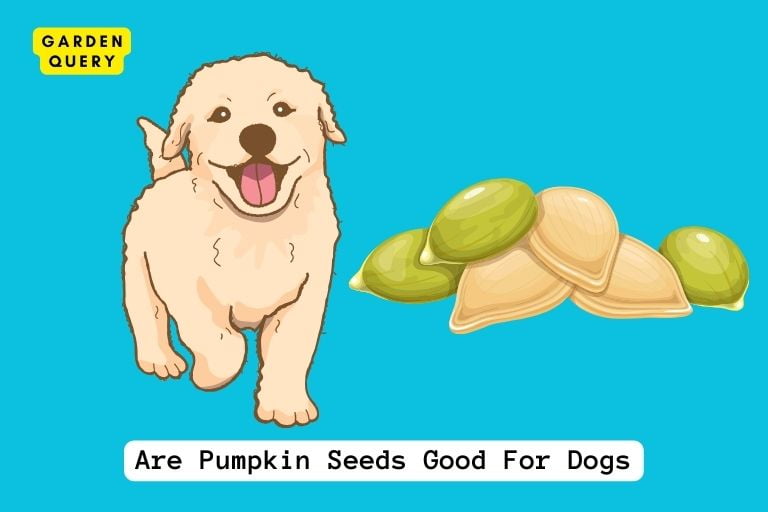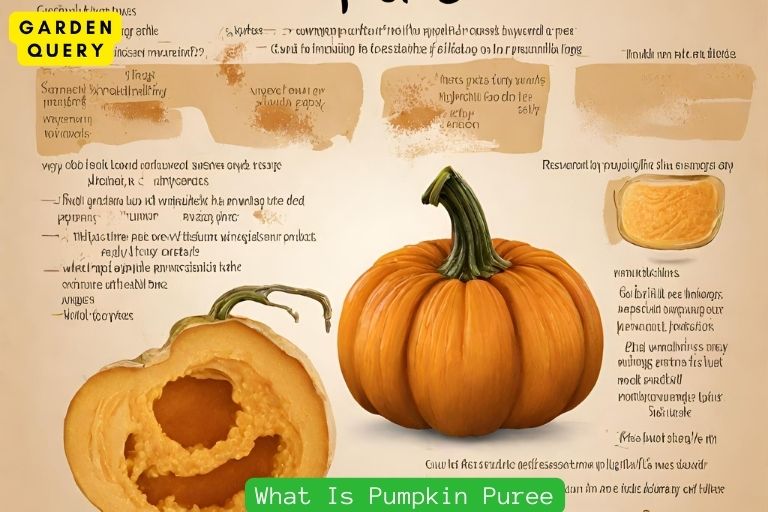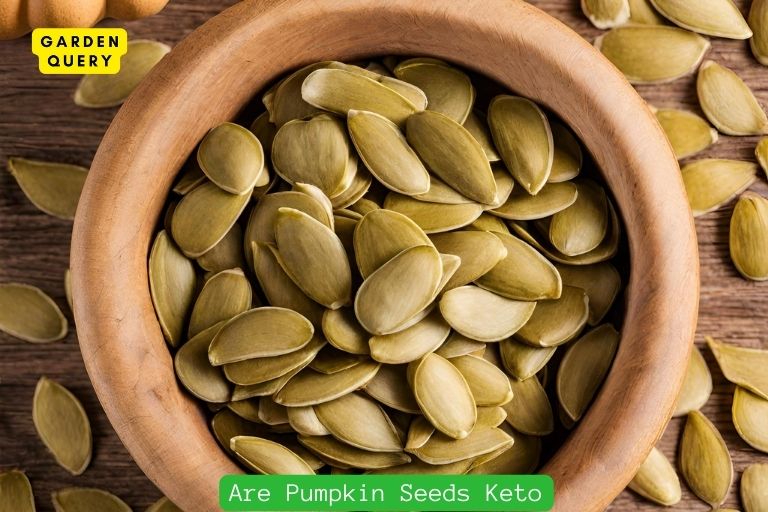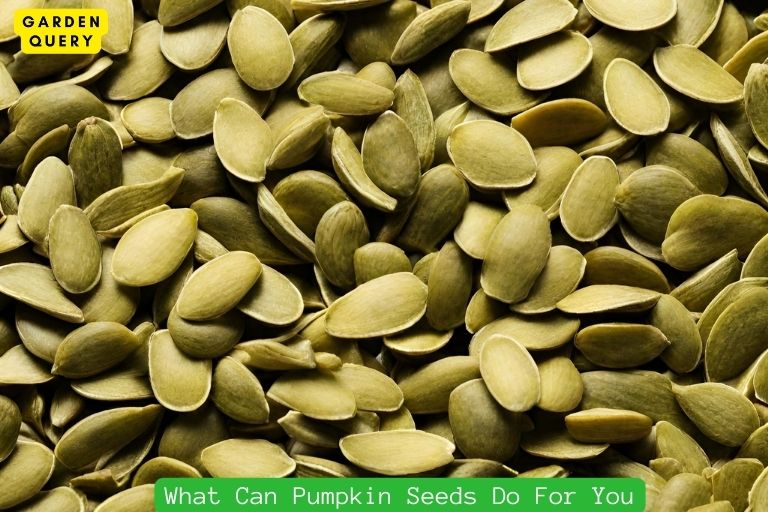Are Pumpkin Seeds Good For Dogs?
Yes, pumpkin seeds are generally good for dogs, offering a range of health benefits when given in moderation.
Pumpkin seeds are a nutritious addition to a dog’s diet, containing essential nutrients like fiber, vitamins, and minerals. The high fiber content in pumpkin seeds can aid in promoting healthy digestion in dogs, alleviating both constipation and diarrhea. Additionally, the seeds are a natural source of antioxidants, contributing to overall canine well-being.
Introducing pumpkin seeds should be done gradually, ensuring they are roasted or cooked to enhance digestibility. While beneficial, moderation is key, and consulting with a veterinarian can help determine appropriate serving sizes for individual dogs.
Key Takeaway
Pumpkin Seeds Good For Dogs
Why are Pumpkin Seeds Beneficial for Dogs?
Pumpkin seeds are a nutritious snack that can provide several health benefits for your furry companion. They are not only tasty but also packed with essential nutrients that promote good health in dogs.

One of the reasons why pumpkin seeds are beneficial for dogs is that they are a great source of omega-3 fatty acids. These fatty acids play a crucial role in maintaining a healthy coat and skin, supporting joint health, and boosting the immune system. Including pumpkin seeds in your dog’s diet can help improve the condition of their skin and coat and promote overall well-being.
Pumpkin seeds are also rich in magnesium, which is essential for various bodily functions in dogs. Magnesium contributes to the proper functioning of muscles and nerves, supports bone health, and helps regulate blood sugar levels. Adding pumpkin seeds to your dog’s diet can help ensure they are getting an adequate amount of magnesium for optimal health.
Potential Health Benefits of Pumpkin Seeds for Dogs
In addition to omega-3 fatty acids and magnesium, pumpkin seeds offer several potential health benefits for dogs:
- Improved Digestion: Pumpkin seeds are a good source of dietary fiber, which can aid in digestion and promote healthy bowel movements in dogs. They can be particularly beneficial for dogs with digestive issues like constipation or diarrhea.
- Weight Management: Due to their high fiber content and low-calorie count, pumpkin seeds can be a healthy and satisfying snack option for dogs trying to maintain a healthy weight. The fiber in pumpkin seeds can help your dog feel full without consuming excessive calories.
- Antioxidant Protection: Pumpkin seeds contain antioxidants like vitamin E and beta-carotene, which can help protect your dog’s cells from damage caused by free radicals. These antioxidants contribute to overall cellular health and support the immune system.
- Dental Health: The texture of pumpkin seeds can provide a gentle abrasive action that helps remove plaque and tartar from your dog’s teeth. Chewing on pumpkin seeds can contribute to better dental hygiene and fresher breath.
Remember to feed pumpkin seeds in moderation and always consult with your veterinarian before making any changes to your dog’s diet.
Nutritional Value of Pumpkin Seeds
As a dog owner, you may often find yourself wondering about the best snacks to feed your furry friend. One particular snack that has gained popularity in recent years is pumpkin seeds. But are pumpkin seeds good for dogs? Let’s dive into the nutritional value of pumpkin seeds to find out.
Key Nutrients Present in Pumpkin Seeds
Pumpkin seeds are packed with essential nutrients that can benefit your four-legged friend. Here are some key nutrients found in pumpkin seeds:
- Protein: Pumpkin seeds are a great source of protein, which is essential for your dog’s overall health and muscle development.
- Fiber: Pumpkin seeds are rich in dietary fiber, which aids in digestion and can help regulate your dog’s bowel movements.
- Magnesium: Pumpkin seeds are a good source of magnesium, which plays a crucial role in maintaining your dog’s bone health and muscle function.
- Iron: Iron is important for your dog’s red blood cell production, and pumpkin seeds provide a healthy dose of this vital nutrient.
How do Pumpkin Seeds Contribute to a Balanced Dog Diet?
Including pumpkin seeds in your dog’s diet can have several benefits. Here’s how they contribute to a balanced dog diet:
- Healthy Coat and Skin: The abundance of protein, healthy fats, and vitamins in pumpkin seeds can promote a shiny coat and healthy skin for your dog.
- Weight Management: The high fiber content in pumpkin seeds can help your dog feel full and satisfied, which can aid in weight management.
- Digestive Health: The fiber in pumpkin seeds can support healthy digestion and regulate bowel movements in your dog.
- Immune Boost: The vitamins, minerals, and antioxidants present in pumpkin seeds can strengthen your dog’s immune system, keeping them healthy and happy.
- Dental Health: The act of chewing pumpkin seeds can help clean your dog’s teeth and freshen their breath, promoting good dental hygiene.
While pumpkin seeds are generally safe for dogs, it’s important to feed them in moderation and consult with your veterinarian if you have any doubts or concerns.
In conclusion, pumpkin seeds can be a nutritious addition to your dog’s diet, providing them with essential nutrients and several health benefits. However, it’s always best to consult with your vet to ensure the proper amount and frequency of feeding pumpkin seeds to your furry friend.
Introduction
As a conscientious dog owner, it’s important to provide your furry friend with a balanced and nutritious diet. You may be wondering if pumpkin seeds are a healthy choice for your canine companion. The good news is that pumpkin seeds can indeed be beneficial for your dog’s digestive health!
Promoting Digestive Health
Fiber Content in Pumpkin Seeds for Digestive Health
Pumpkin seeds are a great source of dietary fiber, which is essential for maintaining a healthy digestive system in dogs. Fiber helps regulate bowel movements and prevents constipation. It also aids in the removal of toxins from the body. By incorporating pumpkin seeds into your dog’s diet, you can ensure that they receive an adequate amount of fiber.
Alleviating Digestive Issues with Pumpkin Seeds
In addition to their high fiber content, pumpkin seeds can also help alleviate certain digestive issues in dogs. If your furry friend is experiencing diarrhea or an upset stomach, pumpkin seeds can provide relief. The seeds contain natural enzymes that can soothe the digestive tract and promote healthy digestion. However, it’s important to consult with your veterinarian before introducing any new food into your dog’s diet, especially if they have pre-existing digestive issues.
It’s worth noting that when feeding pumpkin seeds to your dog, it’s best to opt for unsalted and unflavored seeds. Salt and other additives can be harmful to dogs and may cause adverse reactions. Additionally, it’s essential to feed pumpkin seeds in moderation as part of a balanced diet. Too many seeds can lead to an upset stomach or other digestive discomforts in dogs.
As with any dietary change, it’s important to monitor your dog’s response to pumpkin seeds. If you notice any adverse reactions or if your dog’s digestive issues persist, it’s best to consult with your veterinarian for further guidance.
Overall, when fed in moderation and as part of a balanced diet, pumpkin seeds can be a healthy and beneficial addition to your dog’s meals. They offer valuable fiber content and can help alleviate certain digestive issues. Always prioritize your dog’s health and consult with a professional when making dietary changes.
Supporting Skin and Coat Health
Every dog owner wants their furry friend to have a healthy and shiny coat. But did you know that pumpkin seeds can play a role in supporting your dog’s skin and coat health?
Essential Fatty Acids in Pumpkin Seeds for Skin and Coat
Pumpkin seeds are a fantastic source of essential fatty acids, including omega-3 and omega-6 fatty acids. These fatty acids are crucial for maintaining healthy skin and a shiny coat in dogs. Omega-3 fatty acids are known for their anti-inflammatory properties, which can help alleviate skin irritations and itching. They can also promote a healthy coat by reducing shedding and increasing the fur’s overall quality. On the other hand, omega-6 fatty acids help fortify the skin’s barrier function and maintain its moisture content, preventing dryness and flakiness.
Enhancing the Condition of Your Dog’s Fur
In addition to essential fatty acids, pumpkin seeds contain other beneficial nutrients that can contribute to the overall condition of your dog’s fur. These include vitamin E, zinc, and antioxidants. Vitamin E is known to promote healthy skin and reduce oxidative stress, which can result in a dull coat. Zinc is essential for proper hair growth and coat development, and it also plays a role in preventing skin infections. Antioxidants help protect the skin and coat from damage caused by free radicals, thus keeping them healthy and vibrant.
While pumpkin seeds can provide significant benefits for your dog’s skin and coat, it’s essential to feed them in moderation. Too many seeds can cause digestive upset and discomfort for your furry friend. It’s recommended to consult with your veterinarian to determine the appropriate portion size based on your dog’s size, age, and health condition.
In conclusion, incorporating pumpkin seeds into your dog’s diet can be a natural and healthy way to support their skin and coat health. The essential fatty acids, vitamins, minerals, and antioxidants present in these seeds can promote a shiny coat, alleviate skin irritations, and maintain overall skin health. Just remember to introduce them gradually and in moderation to ensure your dog’s digestive system stays healthy and happy.
Boosting Immune Function
Are pumpkin seeds good for dogs? You may be surprised to learn that these tiny seeds can be a beneficial addition to your furry friend’s diet. Packed with essential nutrients, pumpkin seeds can play a role in boosting your dog’s immune function and overall health.
Antioxidants in Pumpkin Seeds for Optimal Immunity
Pumpkin seeds are rich in antioxidants, which can help protect your dog’s cells from damage caused by free radicals. Free radicals are unstable molecules that can lead to inflammation and oxidative stress in the body. By including pumpkin seeds in your dog’s diet, you are providing them with a natural source of antioxidants that can support their immune system and help prevent the development of chronic diseases.
In addition to antioxidants, pumpkin seeds are also a good source of essential vitamins and minerals. These include vitamin E, which supports skin health and a healthy coat, as well as zinc, which aids in wound healing and immune function.
Strengthening Your Dog’s Natural Defenses
The immune system plays a crucial role in keeping your dog healthy and protected against infections and diseases. By incorporating pumpkin seeds into your dog’s diet, you are providing them with natural compounds that can strengthen their natural defenses.
One of these compounds is cucurbitacin, which is found in high amounts in pumpkin seeds. Cucurbitacin has been shown to have anti-inflammatory and antimicrobial properties, which can help support your dog’s immune system and protect them against harmful pathogens.
It’s important to note that while pumpkin seeds can be a healthy addition to your dog’s diet, moderation is key. Too many pumpkin seeds can lead to digestive upset, so it’s best to introduce them gradually and observe how your dog responds.
In conclusion, pumpkin seeds can be a nutritious and beneficial addition to your dog’s diet. They are packed with antioxidants, vitamins, minerals, and natural compounds that can support their immune function and overall health. However, it’s always a good idea to consult with your veterinarian before making any changes to your dog’s diet to ensure it is suitable for their specific needs and health condition.
Snack Ideas and Precautions
As a devoted dog owner, you want to provide your furry friend with nutritious and delicious snacks. One option you may be considering is pumpkin seeds. But are pumpkin seeds really safe and beneficial for dogs? Let’s find out.
Safe and Appropriate Ways to Serve Pumpkin Seeds to Dogs
Pumpkin seeds can be a healthy addition to your dog’s diet when served in the right way. Here are some safe and appropriate ways to offer them as a snack:
- Roasted and Unsalted: Roast the pumpkin seeds until they are dry and crispy, but make sure not to add any salt or seasoning. Salt can be harmful to dogs and may lead to sodium toxicity.
- Crushed or Ground: Grinding or crushing the pumpkin seeds can improve their digestibility for your dog. You can sprinkle the crushed seeds on top of your dog’s regular food or mix them into homemade treats.
- Small Quantities: Remember, moderation is key. Pumpkin seeds should only be given as an occasional treat. Offering a few seeds as a reward or including them in a homemade dog biscuit recipe can be a safe way to incorporate them into your dog’s diet.
Keep in Mind: Moderation and Preparation Methods
While pumpkin seeds can provide some health benefits for dogs, it’s important to exercise caution and follow these guidelines:
- Avoid Added Ingredients: Steer clear of pumpkin seeds that are flavored, salted, or contain additives like garlic or onion powder. These ingredients can be harmful to dogs and may cause digestive issues.
- Consult Your Veterinarian: If your dog has any underlying health conditions or dietary restrictions, it’s always best to consult with your veterinarian before introducing any new food into their diet, including pumpkin seeds.
- Watch for Allergies: Just like humans, dogs can have allergies. When offering pumpkin seeds for the first time, monitor your dog for any adverse reactions such as itching, vomiting, diarrhea, or difficulty breathing. If you notice any of these symptoms, discontinue giving pumpkin seeds and consult your veterinarian.
By following these precautions and serving pumpkin seeds in moderation, you can safely incorporate them into your dog’s snack repertoire. Remember, it’s always important to prioritize your dog’s overall health and well-being when introducing any new food into their diet.
- Best Therapists In Dallas - February 1, 2024
- Holly Willoughby Husband: Holly Willoughby’s Love Story - January 30, 2024
- Holly Willoughby Dress: 5 Style Secrets and 7 Must-Know Career Milestones - January 30, 2024





